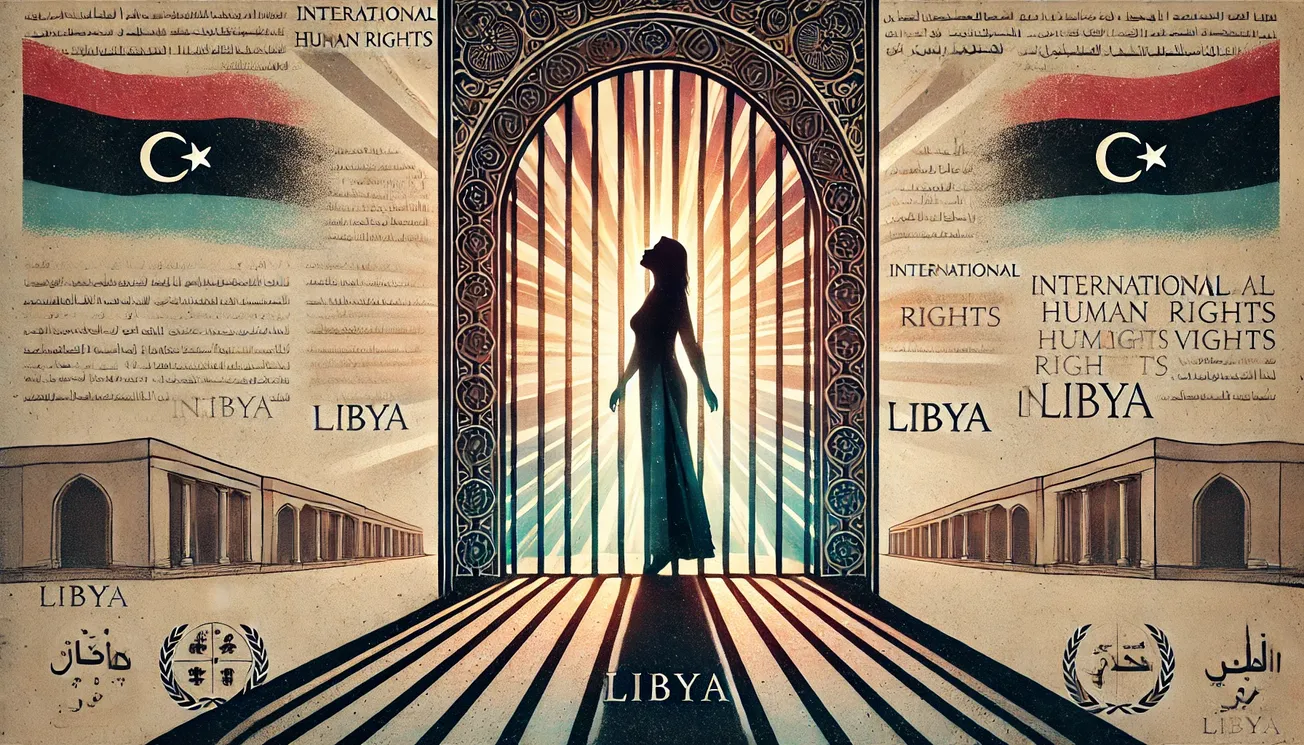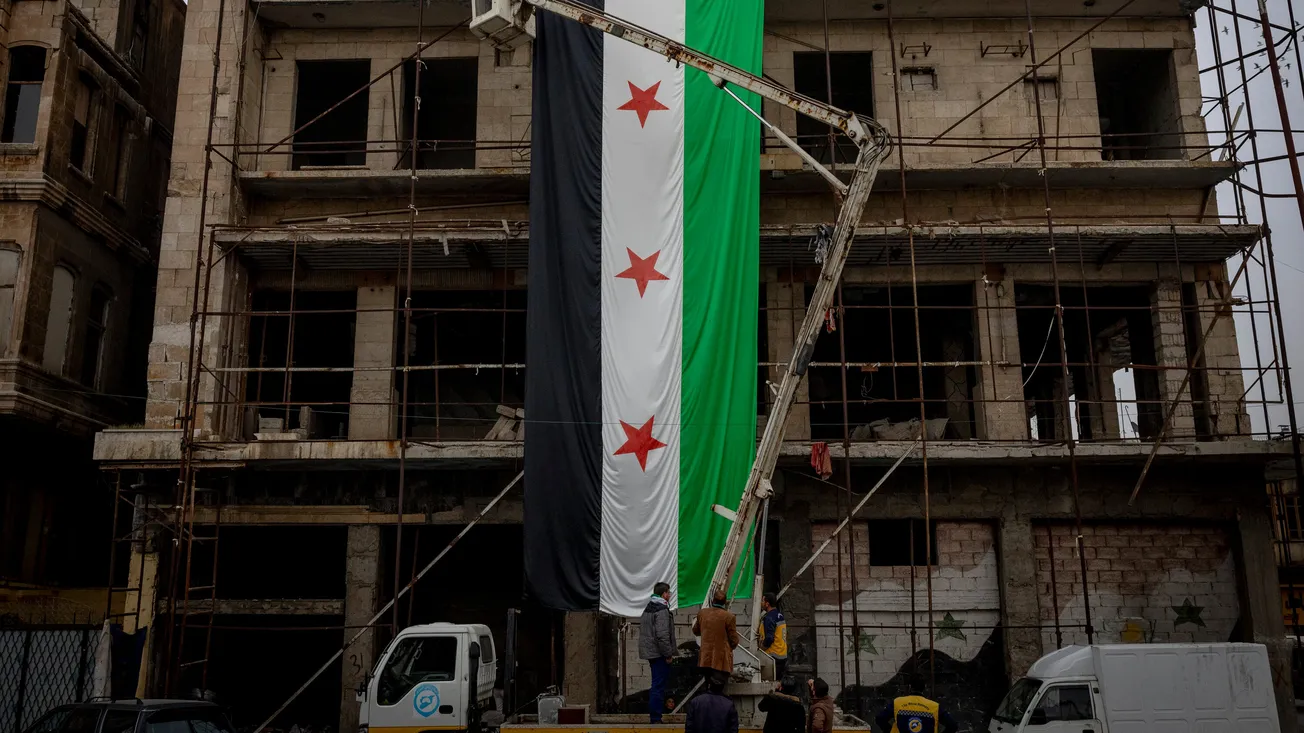During a press conference held on 6 November in Tripoli, Emad Trabelsi, the acting interior minister of Libya’s Government of National Unity, announced a series of contentious “morality” measures aimed at restricting the freedoms of women and girls in western Libya. These proposed measures, including stringent regulations on clothing, social interactions, and travel, have sparked widespread concern over their blatant violation of women’s rights. Despite the gravity of the announcements, Prime Minister Abdul Hamid Dbeibah and other high-ranking government officials have notably refrained from addressing the proposals.
Trabelsi proclaimed that there is “no space for personal freedom in Libya” and unveiled plans to establish a “morality police” tasked with monitoring social interactions between men and women. He warned of the potential imprisonment of unrelated couples who meet in public and insisted that women in Libya should adhere to standards of propriety and modesty in their dress. He further stated that the absence of a hijab in public “is not acceptable” and urged the education minister to mandate the hijab for schoolgirls starting from the fourth grade. The introduction of such enforcement, critics argue, would lack any legal foundation.
Among the proposed restrictions, Trabelsi announced that women seeking to travel abroad would require written permission from a male guardian, such as a father, husband, or brother. This policy would effectively curtail women’s right to travel, potentially hindering their access to education, work, or personal freedoms. The measures represent a stark regression for Libya, aligning it with countries in the region that continue to impose male guardianship systems over women’s mobility.

Legal experts and human rights advocates have pointed out that these proposals have no basis in Libyan law and directly contravene the country’s interim constitution. Moreover, as a signatory to international human rights treaties, including the African Charter on Human and Peoples’ Rights and the Maputo Protocol on Women’s Rights in Africa, Libya is obligated to eliminate discrimination against women and ensure their fundamental freedoms, including freedom of movement.
The proposed measures would also infringe upon other rights, including privacy, bodily autonomy, freedom of expression, and freedom of association. Critics have condemned the government’s silence on the matter as tacit approval of policies that undermine women’s rights and dignity.
Human rights organisations and the international community have urged Libyan authorities to reject these draconian measures and instead prioritise their commitment to upholding human rights and the principles of equality enshrined in international treaties.






